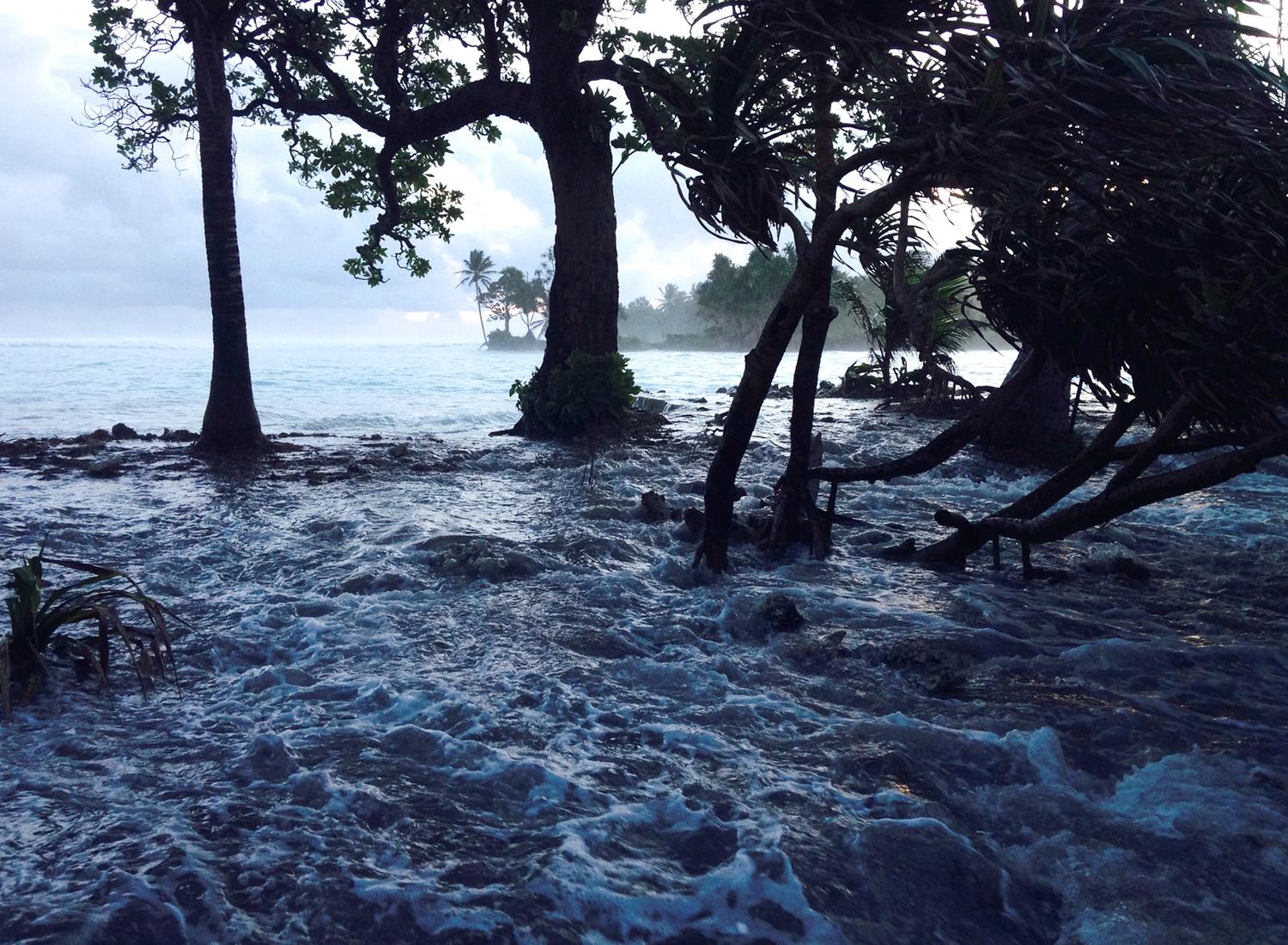The Marshall Islands, a pristine archipelago nestled in the central Pacific Ocean, face an existential threat from climate change. Rising sea levels, intensified storms, and shifting precipitation patterns are not mere inconveniences; they jeopardize the livelihoods, culture, and very sovereignty of these island nations. This intricate issue demands our attention, for the Marshall Islands epitomize the broader ramifications of climate change on vulnerable communities worldwide.
One of the most alarming consequences of climate change is the relentless rise in sea levels. The Marshall Islands, with their average elevation of just a few feet above sea level, are particularly susceptible. This geographic vulnerability means that even a modest increase in sea levels can inundate homes, displace populations, and render agricultural lands uninhabitable. Traditional practices, such as subsistence farming and fishing, are increasingly at risk as salinization of freshwater resources and coastal erosion take hold. The idyllic landscapes that once flourished are now transforming into harbingers of devastation.
Moreover, the incidence of extreme weather events has escalated. The Marshall Islands have experienced a surge in the frequency and intensity of cyclones and typhoons, exacerbating the threat to infrastructure and livelihoods. The destruction wrought by these storms does not just erase physical structures; it dismantles communities, fragmenting social bonds and disrupting traditional ways of life. Many residents are left grappling with the psychological toll of such disasters, facing the harrowing specter of losing their homes and ancestral lands.
Additionally, shifting precipitation patterns have complicated agricultural practices. The local farming techniques, adapted over generations, are ill-equipped to handle the unpredictability of rainfall. Droughts interspersed with torrential downpours create a precarious environment for food security. With dwindling crop yields, dependence on imported foods increases, further straining the economy and undermining resilience.
In response to these challenges, the Marshall Islands government has been proactive, engaging in various adaptation strategies. Initiatives include enhancing coastal defenses, adopting sustainable agricultural practices, and investing in renewable energy sources. However, such measures require substantial funding and international support, as the nation grapples with limited resources.
The plight of the Marshall Islands serves as a clarion call, amplifying the need for global action against climate change. It is not just a local issue; it reflects the reality faced by countless island nations and coastal communities worldwide. As the world continues to navigate the complexities of climate change, the experiences of the Marshall Islands exemplify the urgent necessity for cooperative frameworks and innovative solutions to foster environmental resilience. In the end, the fate of these islands could become a microcosm of a larger narrative—one that compels humanity to confront its most pressing challenge.
